Balochistan, the largest province of Pakistan by area, is a land of rugged mountains, vast deserts, and an ancient culture rooted in pride, honor, and tradition. Its culture is not only diverse but deeply symbolic, reflecting the nomadic heritage, tribal loyalties, and centuries-old traditions of the Baloch, Pashtun, Hazara, and Brahui people who call this region home.
Language and Literature
Balochistan is linguistically rich. The primary languages spoken are Balochi, Pashto, Brahui, and Urdu. Each language carries its own oral literature, poetry, and folk stories. Balochi poetry, especially, is known for its heroic epics and romantic sagas passed down through generations. Poets like Atta Shad, Gul Khan Naseer, and Mubarak Qazi have given the Baloch literary tradition a unique voice that echoes themes of resistance, honor, love, and displacement.
Dress and Attire
Traditional Baloch dress is both functional and symbolic. Baloch men typically wear long turbans, baggy trousers (shalwar), and loose-fitting shirts, while women wear elaborately embroidered dresses, often adorned with mirror work and heavy silver jewelry. The embroidery is more than just decoration — it’s a visual language, telling tales of the woman’s tribe, social status, and even marital status.
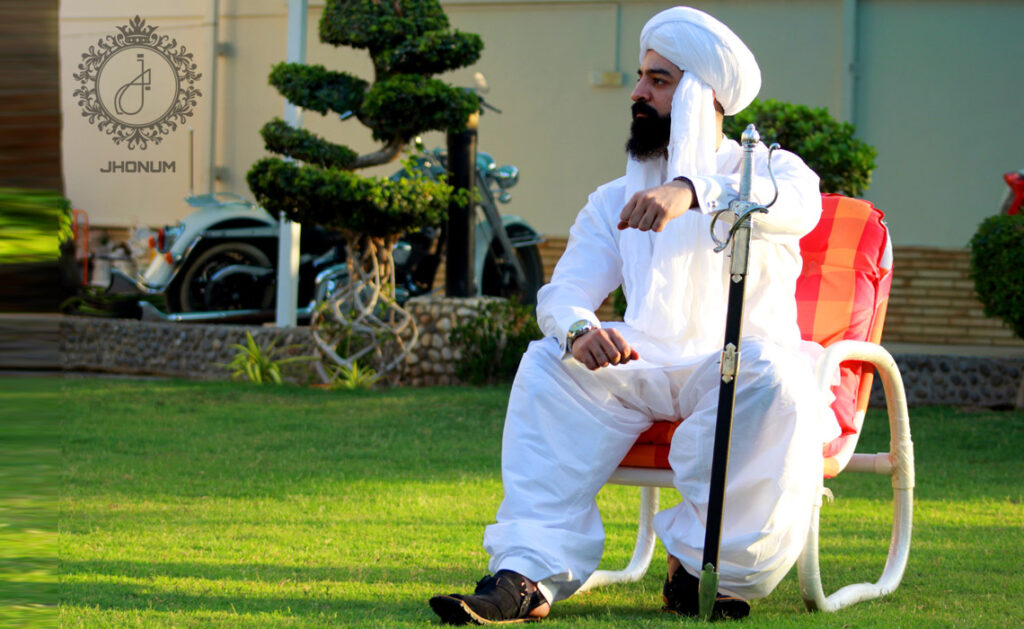
Music and Dance
The music of Balochistan is deeply emotive and mostly uses traditional instruments like the soroz (a bowed string instrument), benju, and tambura. The chaap dance — a synchronized group dance performed by men clapping in rhythm — is a central part of Baloch cultural festivals and weddings. The lyrics of traditional songs are often poetic reflections of love, war, and migration.
Hospitality and Social Customs
Hospitality is a cornerstone of Baloch culture. Guests are treated with immense respect and offered the best food and space available, often at personal cost to the host. Tribal code (Balochi Mayar) emphasizes honor, hospitality, and protection of guests, even if they are strangers. The Baloch also follow a Jirga system, a traditional tribal council used to resolve conflicts based on customs and collective tribal decisions.
Cuisine
Baloch cuisine is robust, hearty, and often cooked over open fires. Dishes like Sajji (whole lamb or chicken marinated and roasted), Kaak (a hard, round bread baked on hot stones), and Landhi (sun-dried meat) reflect the nomadic and pastoral lifestyles of the people. Milk, dates, and meat form the base of most meals.

Handicrafts and Art
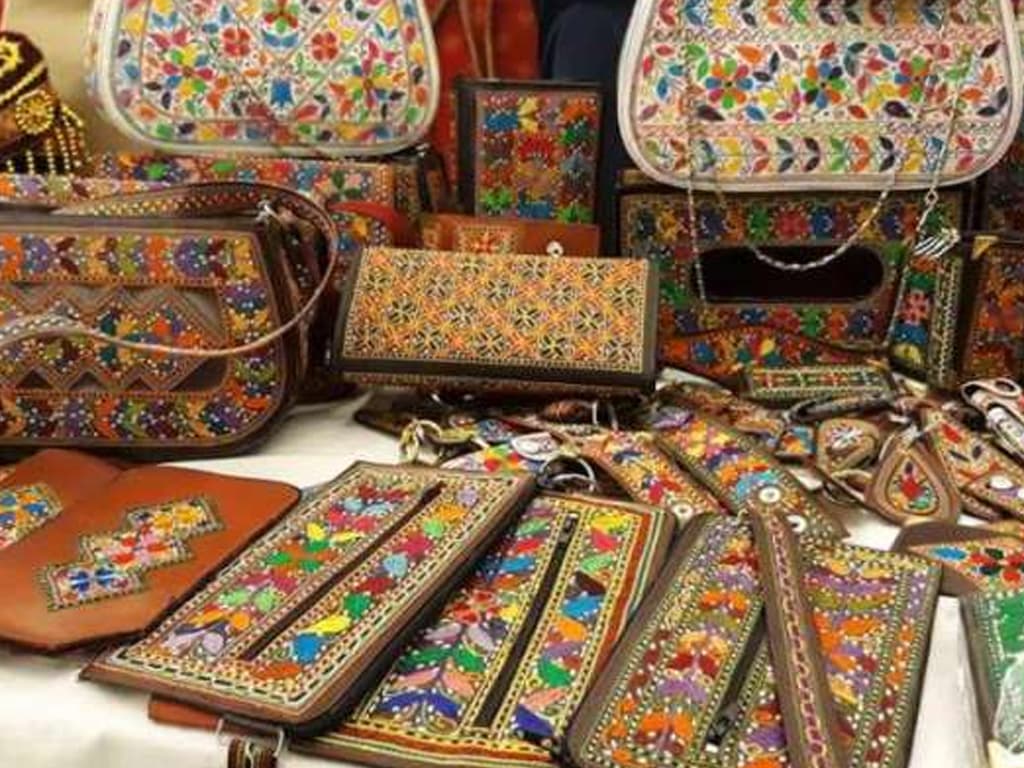
Baloch women are skilled artisans. Their hand-embroidered fabrics, woven carpets, and silver jewelry are world-renowned. In particular, Balochi embroidery has gained global attention for its intricate geometric patterns and vibrant colors. Each region has its own unique patterns and styles, often passed down through generations.
Religion and Spirituality
While most of the population is Muslim (primarily Sunni with a significant Shia Hazara population), Balochistan also retains deep spiritual traditions. Ziyarat (shrines) of saints like Pir Ghaib, Shah Noorani, and Mast Tawakali are visited by thousands for blessings, healing, and spiritual peace. These sites are not only spiritual centers but also cultural gathering points.
Festivals and Celebrations
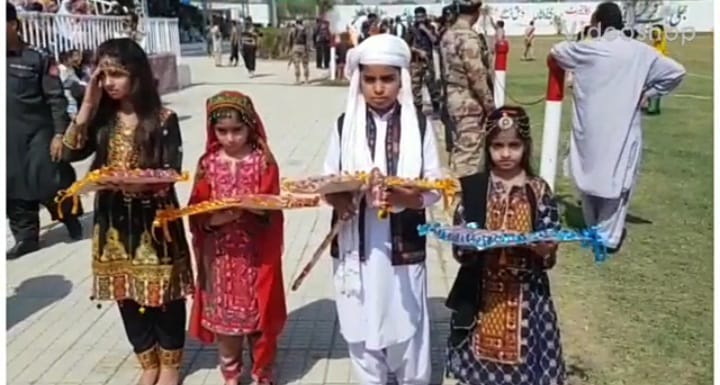
Cultural festivals in Balochistan are grand, vibrant, and filled with color. Events like the Sibi Festival feature camel races, folk dances, musical performances, and handicraft exhibitions. Weddings are equally festive, often lasting several days and filled with music, dancing, and lavish feasts.
Challenges and Cultural Resilience
Despite the richness of Baloch culture, political unrest, underdevelopment, and displacement have threatened many traditional ways of life. However, the resilience of the Baloch people is unmatched. Artists, activists, and educators are increasingly using social media, exhibitions, and festivals to preserve and promote their heritage.
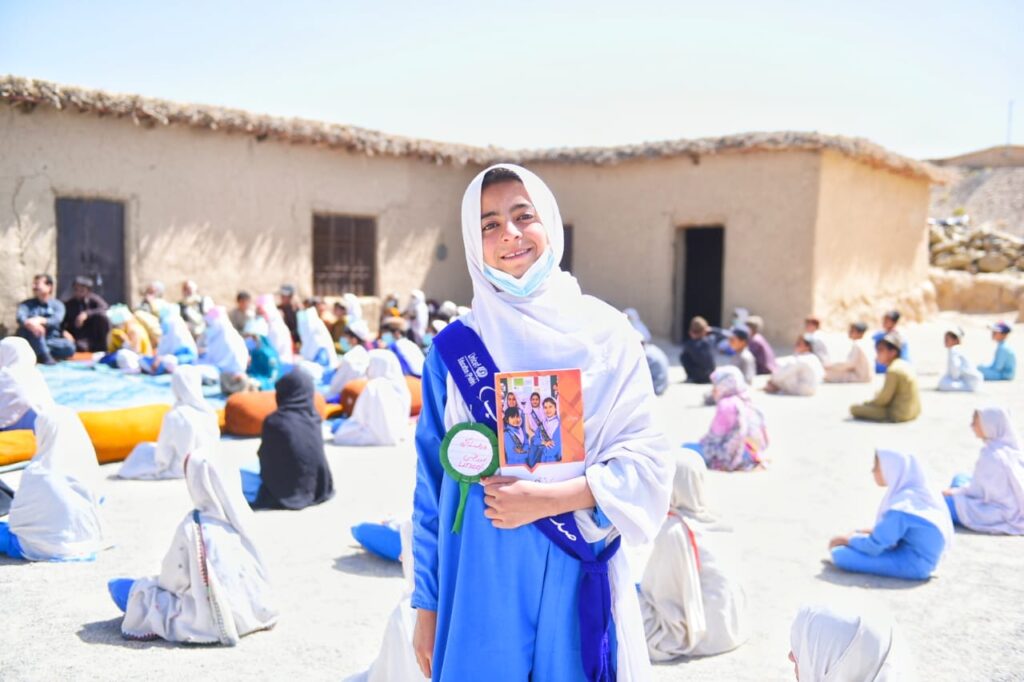
Final Thoughts
The culture of Balochistan is a stunning blend of tribal identity, spiritual heritage, poetic expression, and unbreakable pride. It is a culture that breathes through its stories, lives in its dances, and speaks through its embroidery. In a time of rapid globalization, the preservation of such a rich heritage is not just important for Balochistan — it’s important for all of humanity.

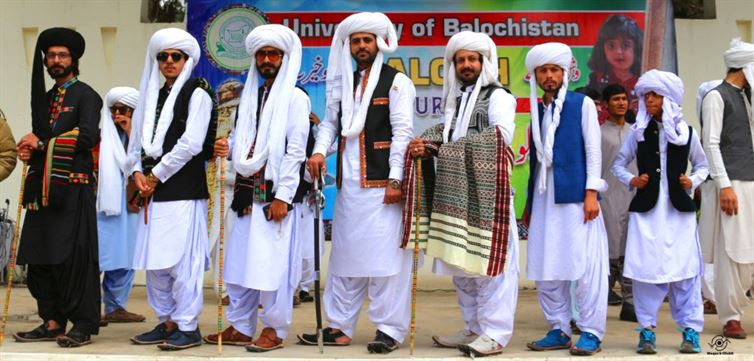








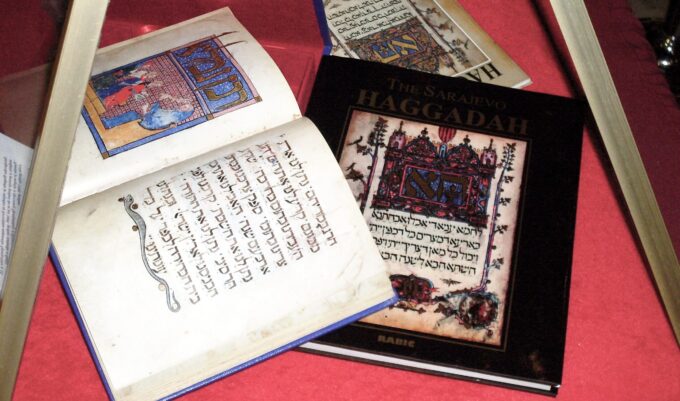




Leave a comment